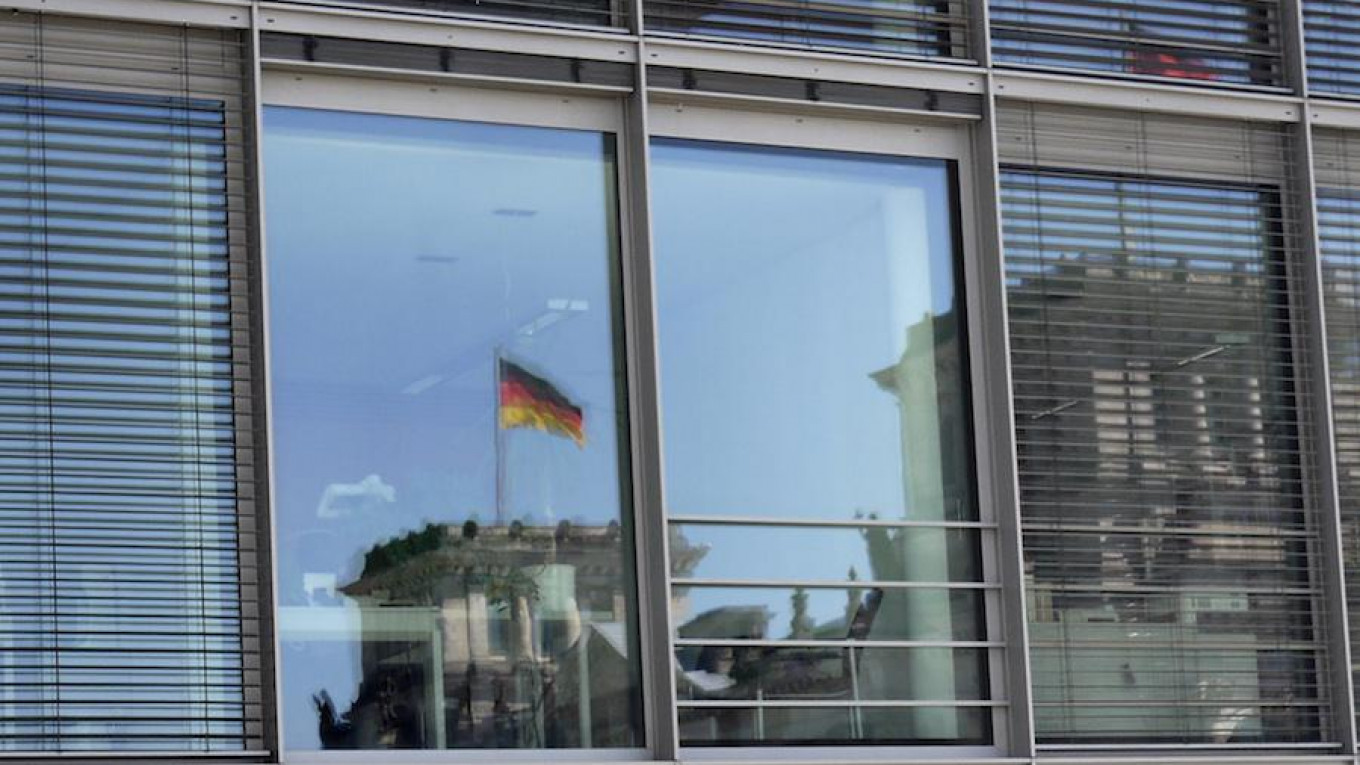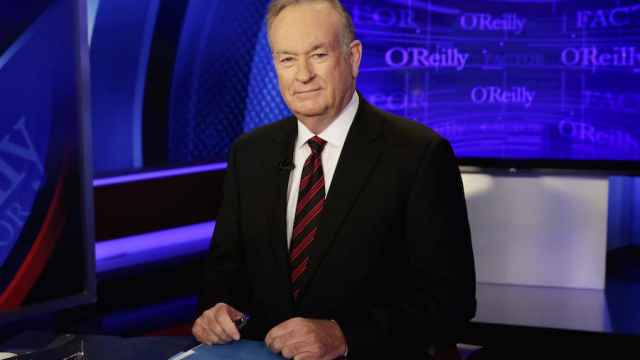German intelligence agencies have found no clear evidence of a Kremlin-led propaganda drive targeting the country’s voters.
A year-long investigation found no direct proof that Russian media outlets were running a deliberate disinformation campaign, an unnamed source told the Süddeutsche Zeitung newspaper.
The source maintained that while officials still hadn’t “found the smoking gun,” they had found certain warning signs. “We would have liked to have raised the yellow card,” the source said.
The Chancellor’s Office is reportedly set to continue the investigation.
Germany’s Federal Intelligence Service has produced a 50-page report on their findings so far, working alongside the country’s Office for the Protection of the Constitution.
The report still may not be published in a bid to preserve already tense German-Russian ties, the newspaper wrote.
Hans-Georg Maassen, the head of the Constitution Protection Service, first accused Moscow of trying to manipulate the German public before this year’s parliamentary elections in November 2016.
He claimed that Kremlin-funded television channels were liable to invent stories to influence public opinion. Russian state television’s Channel One found itself under scrutiny in Germany last year when it was exposed as having invented a story on the rape of a 13-year-old girl.
Channel One journalists reported that a girl called Liza had been raped by migrants of “Middle-Eastern appearance” and that the German police had covered up the crime. The report was proven as false both by German police and independent bloggers.
The European Parliament has also raised fears that Russia could be waging a propaganda war using its media influence.
In a non-legislative resolution passed on Nov. 23, the parliament condemned Russia's state media as “disinformation and propaganda” designed to “increase Russia's influence and weaken the EU.”
The motion passed by 304 votes to 179, with 208 abstentions.
The move saw RT’s budget boosted by the Kremlin by an extra $19 million over the next two years.
President Vladimir Putin claimed that Europe hoped to silence “alternative viewpoints” by criticizing the channels. "We are observing a certain, quite obvious, degradation of how democracy is understood in Western society," the president said.
A Message from The Moscow Times:
Dear readers,
We are facing unprecedented challenges. Russia's Prosecutor General's Office has designated The Moscow Times as an "undesirable" organization, criminalizing our work and putting our staff at risk of prosecution. This follows our earlier unjust labeling as a "foreign agent."
These actions are direct attempts to silence independent journalism in Russia. The authorities claim our work "discredits the decisions of the Russian leadership." We see things differently: we strive to provide accurate, unbiased reporting on Russia.
We, the journalists of The Moscow Times, refuse to be silenced. But to continue our work, we need your help.
Your support, no matter how small, makes a world of difference. If you can, please support us monthly starting from just $2. It's quick to set up, and every contribution makes a significant impact.
By supporting The Moscow Times, you're defending open, independent journalism in the face of repression. Thank you for standing with us.
Remind me later.







